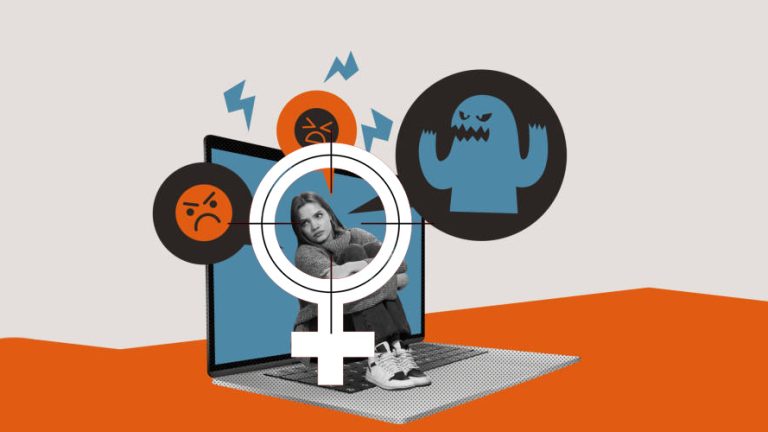The dangers of the Incel movement are not recognized by the definition of gender-based violence
Incel ideology, also known as “involuntary celibate,” is extremely popular online, incel characters are well-liked in movies, and in real life, incels are thought to be behind some of the most horrific acts of violence against women in recent memory. Despite their pervasiveness, incel movement episodes are sometimes dismissed as singular, lone-wolf incidents rather than being acknowledged as a component of a wider collective movement.
The breadth of the hazards posed by the incel movement is not adequately recognized by current definitions of gender-based violence and terrorism, according to new research that was just published in the journal Violence Against Women.
Esli Chan, the author of the current study, emphasizes in their study how the present breadth of the incel movement has expanded beyond simply sexual entitlement, even though the movement’s origins were in a perceived denial of sex. It is now more about strengthening the patriarchal social structure to uphold male supremacy than it is about people being entitled to sex.
The study shows that new forms of online gender-based violence and cyberbullying are not always sexual and are rooted in fundamental beliefs that seek to establish gendered dominance, in contrast to existing literature and institutional definitions of the phenomenon that place a heavy emphasis on the sexualization of harm or cyberbullying of young women. Chan’s analysis of incel forums indicated a sizable number of posts expressing male supremacy and gender norms, qualities that are usually ignored in the definitions of online harassment of women today.
Involuntary celibates are a global community of mostly men who have been brought together via the internet and who share the viewpoint that a woman’s unwillingness to engage in intimate relations with them constitutes oppression of men. Incels combine a sense of entitlement to sex with self-pity and the idea that women are being victimized. regard masculinity as superior, challenging, and hard to achieve. Believe that males are threatened and oppressed when women refuse to allow them to have a sexual relationship with specific guys.
In recent years, the internet community has witnessed significant growth in incels’ propensity for violence against women. According to research in The Guardian, on average, incel forums saw 112 instances each day of the use of violent, misogynistic language paired with verbs like “stab,” “punch,” “shot,” or “attack.” That number has increased to 849 as of 2022.
Online contacts between incels have been the subject of recent research. Incels’ physical acts of aggression have not been sufficiently linked to their internet influences. This is in line with a wider tendency where online and physical domains are distinguished in theoretical understandings of gender-based violence against women. Additionally, the incel movement has only recently been classified as a kind of terrorism. International security professionals have risk assessment methods, but they do not take into account the gendered aspects of violence and cyberbullying when assessing the threat of extremism.
A threat or action that causes women to suffer physical, sexual, or psychological harm is commonly referred to as gender-based violence against women by the incel movement. Given that technology replicates offline socio-cultural inequities, traditional definitions of GBV against women significantly underestimate technology’s role in the continuation of violence. Although there isn’t yet a universally agreed-upon definition of online GBV, the Special Rapporteur on Violence Against Women’s 2018 Report of the United Nations defines it as:
Any act of gender-based violence against women that are committed, assisted, or made worse in whole or in part by using [internet communication technology], such as mobile phones and smartphones, the Internet, social media platforms, or email, against a woman because she is a woman, or has a disproportionately negative impact on women (United Nations General Assembly Resolution)
To sum up, the growing aggressiveness of the incel movement, which poses a more significant threat to society as the number of involuntary celibates rises, should be categorized as terrorism given the rise of the internet.






Add comment